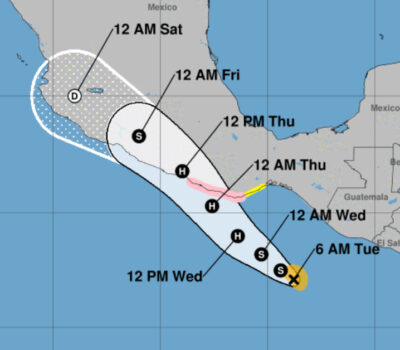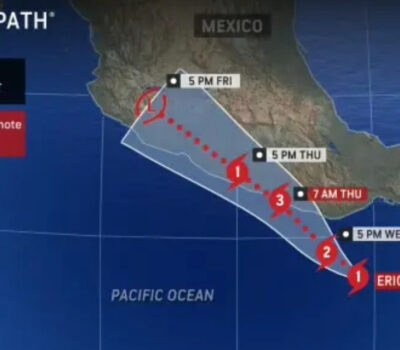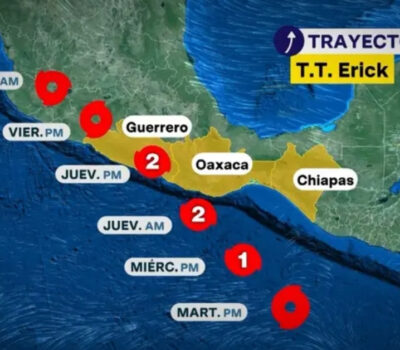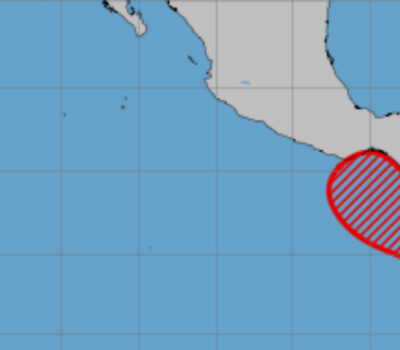After a five-year Cofece Google investigation, Mexico’s antitrust regulator found no violation of competition law in digital advertising, closing the case without a fine.
Mexico’s antitrust regulator has closed a five-year probe into Google, concluding that the company did not break competition rules in the country’s digital advertising market. The Federal Economic Competition Commission (Cofece) launched its investigation in November 2020 amid concerns that Google was tying the purchase of display and search ads to its search engine, potentially limiting choice and harming competition.
Cofece first signaled its intent to take on Google in 2023, filing a lawsuit that accused the internet search giant of monopolizing Mexico’s online advertising sector. Authorities warned that Google could face a fine of up to 8 percent of its annual Mexican revenue—an amount that could have exceeded $1 billion. Observers noted that a penalty of that size would rank among the largest antitrust fines ever imposed in Mexico’s history.
In its formal resolution, Cofece stated that “there is no real obligation or imposition on the part of Google for users to subscribe to both services.” After reviewing detailed technical, economic, and legal evidence, investigators found no proof that advertisers were forced to purchase search ads in order to secure display ads, or vice versa. “Therefore, this is not a tied sale, and no violation of the law has been established,” the commission’s statement read.
Tied sales occur when customers must buy one product as a condition of contracting another. Such practices can restrict freedom of choice and generally harm market competition. Cofece’s closing of the case underscores the regulator’s rigorous analysis and sets a high bar for proving anticompetitive conduct in digital markets.
Despite this victory in Mexico, Google continues to face antitrust scrutiny elsewhere. In the United States, the Department of Justice and multiple state attorneys general have accused Google of monopolistic practices around its Chrome browser and Android operating system. U.S. courts are weighing remedies that could include forcing Google to divest Chrome or to separate Android from its parent company, Alphabet.
For Mexican advertisers, the end of Cofece’s investigation removes lingering uncertainty about Google’s dominance in online ads. Many small and medium enterprises rely on both search and display campaigns to reach customers, and Cofece’s ruling confirms they can continue structuring their ad buys without new regulatory constraints.
Google has welcomed the decision. In a brief statement, the company said it “respects Cofece’s thorough analysis and looks forward to continuing to support Mexico’s digital economy.” The firm highlighted its investments in tools and training programs for advertisers and publishers across Latin America.
Cofece’s decision also offers a roadmap for future competition cases in tech: regulators must build robust economic models and gather precise evidence to show that firms impose unfair conditions on users. As digital markets evolve, antitrust authorities worldwide will watch how this case shapes their own efforts to balance innovation, consumer choice, and market fairness.
After a five-year Cofece Google investigation, Mexico’s antitrust regulator found no violation of competition law in digital advertising, closing the . . .












